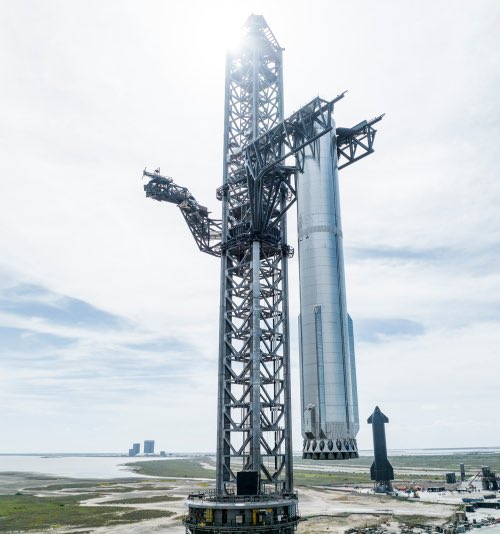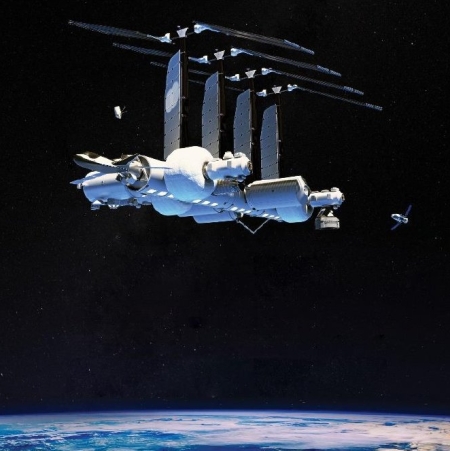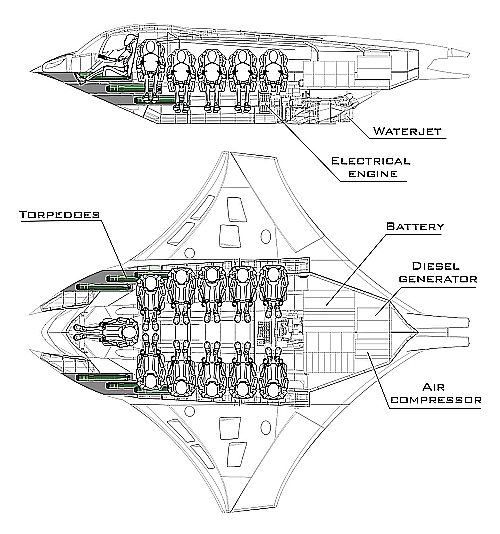SpaceX launches another 51 Starlink satellites and orbital tug
Capitalism in space: SpaceX tonight successfully used its Falcon 9 rocket to place 51 more Starlink satellites into orbit, as well as a Sherpa orbital tug built by the commercial company Spaceflight.
The first stage completed its seventh flight, landing on a drone ship in the Atlantic. The tug was successfully deployed and will carry a Boeing test satellite for a proposed 147 satellite constellation to its planned orbit.
The leaders in the 2022 launch race:
40 SpaceX
34 China
11 Russia
6 Rocket Lab
5 ULA
American private enterprise now leads China 55 to 34 in the national rankings, and the entire world combined 55 to 52. SpaceX’s 40 launches matches the U.S.’s entire total in 2020, and was only exceeded by the U.S. six times since the dawn of the space age in 1957.
Capitalism in space: SpaceX tonight successfully used its Falcon 9 rocket to place 51 more Starlink satellites into orbit, as well as a Sherpa orbital tug built by the commercial company Spaceflight.
The first stage completed its seventh flight, landing on a drone ship in the Atlantic. The tug was successfully deployed and will carry a Boeing test satellite for a proposed 147 satellite constellation to its planned orbit.
The leaders in the 2022 launch race:
40 SpaceX
34 China
11 Russia
6 Rocket Lab
5 ULA
American private enterprise now leads China 55 to 34 in the national rankings, and the entire world combined 55 to 52. SpaceX’s 40 launches matches the U.S.’s entire total in 2020, and was only exceeded by the U.S. six times since the dawn of the space age in 1957.




